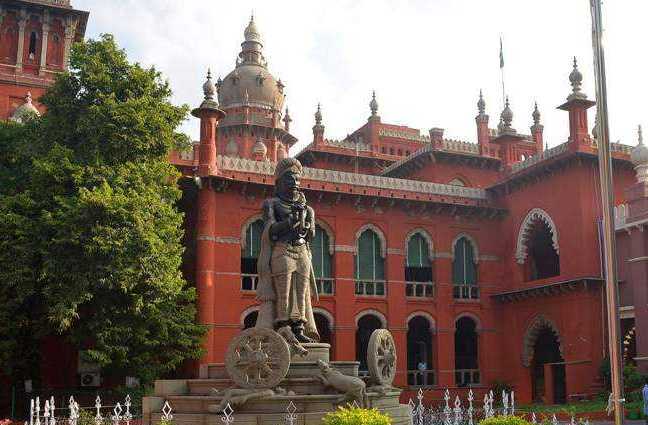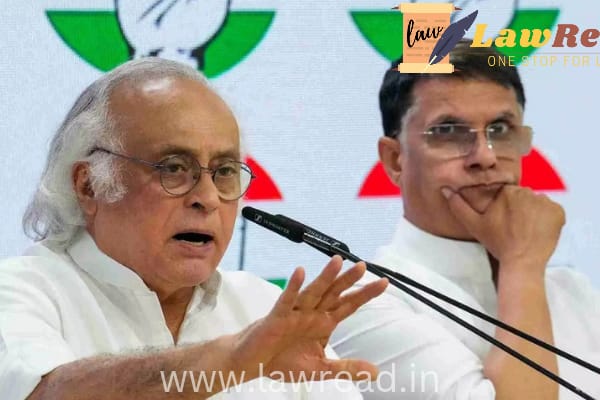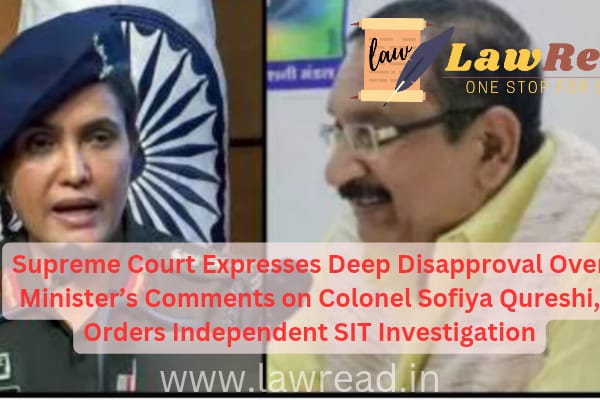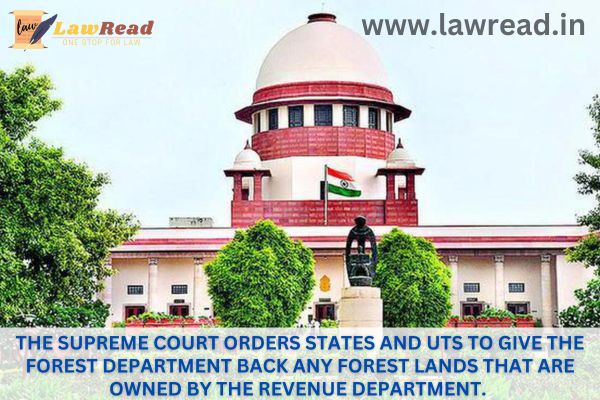News
A lawyer who filed an Article 32 petition against a family court judgment was fined ₹5 lakh by the Supreme Court.
According to the Court, these petitions degrade the courtroom atmosphere and cannot be dismissed without repercussions.
.jpg)
In Sandeep Todi v. Union of India & Ors., the Supreme Court recently chastised a litigant for submitting a baseless and malicious writ petition under Article 32, asking for a stay of orders issued by a Mumbai family court.
The fact that the plaintiff, Sandeep Todi, was a practicing lawyer himself and still had the audacity to enter the plea despite being aware of the complexities of the law was particularly criticized by a bench of Justices Vikram Nath and Sandeep Mehta.
"The petitioner, who is an advocate and is aware of the law and its complexities, has the courage to bring this case despite appearing in person. He has not only squandered the Court's and the Registry's precious time, but he has also ruined the Court's entire atmosphere," the Bench noted in its April 22 judgment.
The Court dismissed the petition and imposed ₹5 lakh in costs, stating that the plea was frivolous, malicious, and an abuse of the legal process.
There was a four-week deadline for the petitioner to deposit the charges with the National Legal Services Authority (NALSA).
An ex-parte stay on reliefs awarded in a family dispute by a Mumbai family court was sought in the March 25 writ petition. The case now includes the Bombay High Court, the Union of India, and the family court as respondents.
Even a lawyer with rudimentary legal expertise, the Court observed, would not have included such prayers in a petition under Article 32.
Only when basic rights are violated and against state instrumentalities is a writ petition under Article 32 filed before the Supreme Court.
According to the ruling, "the petition's allegations and the relief sought are completely baseless and malicious."
During the hearing, the petitioner made an in-person appearance and requested authorization to withdraw the case.
The Court made it clear that it could not permit the mere withdrawal of such a petition since doing so would create a risky precedent.
The Bench stated in its ruling when dismissing the plea with costs that "allowing simpliciter withdrawal of such petitions would send a wrong message to the litigants to file any frivolous petition and then get away by simpliciter withdrawals."
The petitioner was instructed to provide proof of the amount to the court registry within six weeks and deposit it with NALSA within four weeks.
If there is non-compliance, the register must relist the issue.












